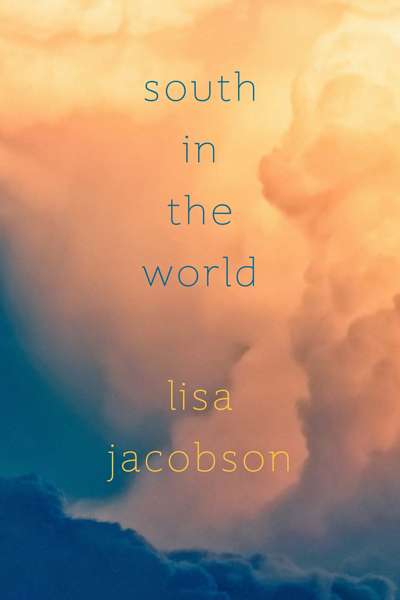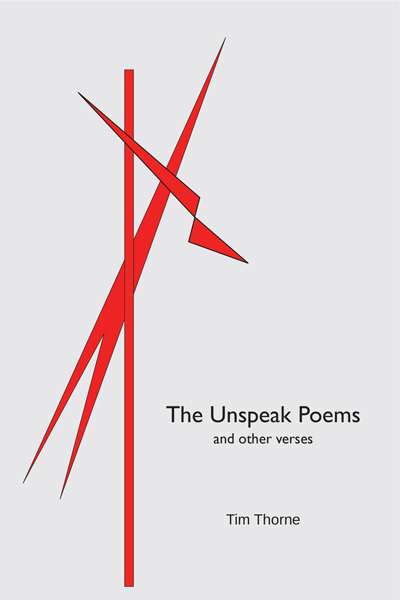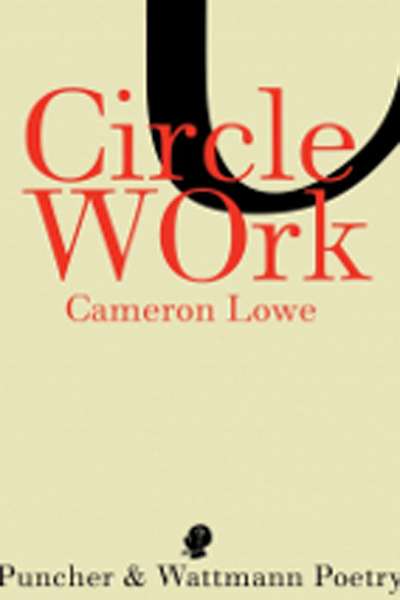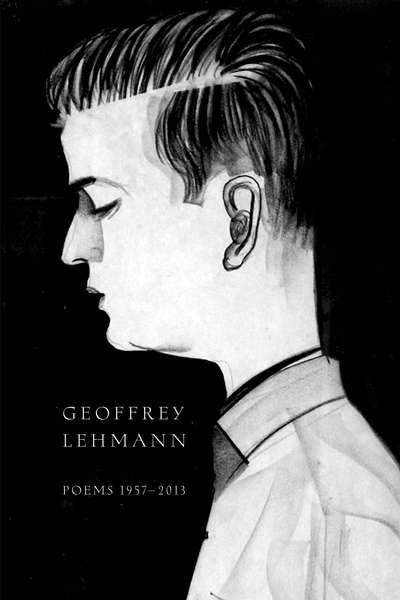Australian Poetry
Does the for lease sign speak of anything
else than the failure of something; just as
the desert required the lake to dry. Each
dark window waiting to be turned yellow
Wisps of smoke, lamplight on manuscripts.
Pages fanned across an oak stool.
The hearth absorbs the stain of living.
In my dream I was surrounded by seraphs
wearing morning suits, looking at me
quizzically in the crowded Parliament. Then I was being chased
by a Russian mountain lion who drooled a lot
your passport is out of depth keep a code in a quadruplicate place
drop it into a box or a cloud to renew your password enter
answers only you know the questions to family secrets
Axon: Creative Explorations, Vol. 4, No. 1 edited by Lucy Dougan et al.
by Cassandra Atherton •





